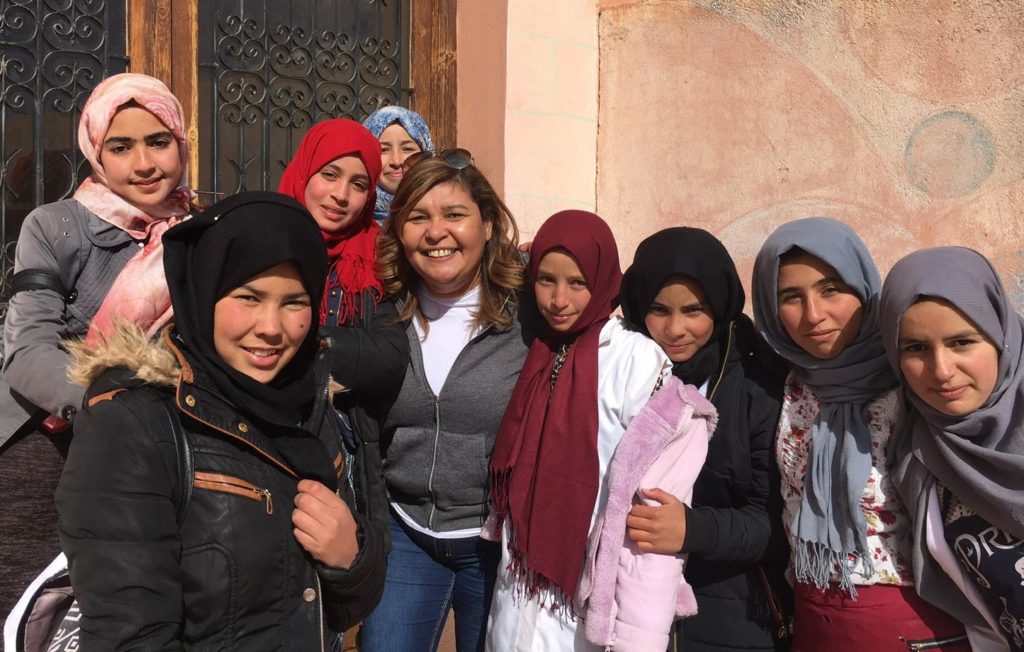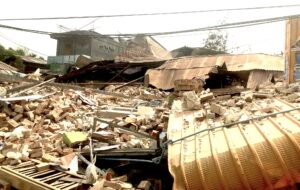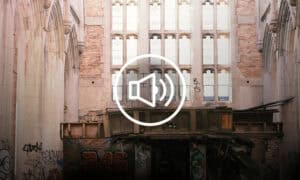The vision of the DNA is to see local churches practicing sacrificial neighbor-love, meeting spiritual, physical and social needs in their communities. Often, such love is catalyzed when one individual experiences a shift in her worldview.
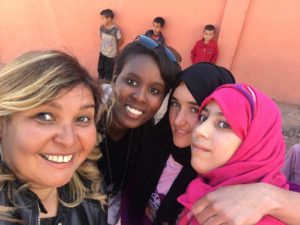
Ana Santos has committed her life to the restoration and education of women oppressed by trafficking in Spain and Morocco. Though she was very young when she felt called to serve the underprivileged, much of her work began after meeting Darrow and Bob at the Foundation in Development School in Texas.
Ana describes her encounter with Darrow and Bob as a “divine appointment.” Their teaching on biblical worldview and the kingdom of God helped Ana recognize that, as a Christian, she was called to do more than just feed and clothe people who were invisible to society. She was called to provide them with the tools they needed to lead flourishing lives. She was to make an impact on the systems that oppressed them.
Years ago, Ana stated, “I came to see that as agents of transformation we should be influencing decisions at all levels. We must make known God’s truth as the solution for the chaotic and corrupted systems ruling so many nations… My desire is to influence decision makers as well those directly affected by those decisions. This why I am choosing this path of justice and mercy.”
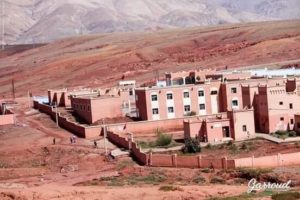
One outcome of her vision is Frágil, an organization Ana developed that serves women and girls who are vulnerable to, or are victims of, human trafficking in Spain and Morocco. Through schools, projects, literature and more, Frágil provides these women with space for healing and restoration, as well as vocational training.
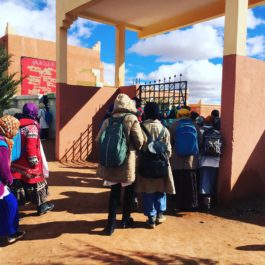
Ana has drawn from her understanding of three worldviews – animism, secularism, and theism – to effectively connect with at-risk women. She also draws inspiration from the Coram Deo online course and Darrow’s book, LifeWork, which emphasizes the relationship between one’s work and the unfolding of God’s Kingdom. “For me, to have the understanding about vocation and how we need to connect it with God’s kingdom has been like a lighthouse,” Ana writes.
For me, to have the understanding about vocation and how we need to connect it with God’s kingdom has been like a lighthouse.
Frágil impacts the surrounding community through printed resources on human trafficking, materials which highlight the ways women and girls have been trapped, including first-hand stories. Mothers, community leaders, and even politicians have come to Frágil staff for guidance and information.
In addition to printed materials, Ana and her team created a short video to increase awareness. In November 2018, the team was invited to the annual Festival of Film Productions to show their video. “The women and girls from this region (Moroccan Atlas – the Amazigh people) are incredibly beautiful and at the same time very innocent, and we want to reach them before the traffickers do,” says Ana. You can watch their video here.
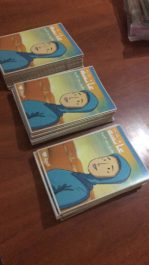
In December, Ana and her team launched a website for Frágil. The designer of the site says he was inspired by Darrow’s blog series based on Ana’s work with trafficked women. It is truly a visual representation of Frágil’s emphasis on the value of beauty and truth.
A Frágil digital portfolio is available in English and Portuguese. If you would like to receive a copy, please contact us. (French and Spanish versions are coming soon.)
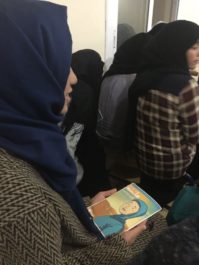
Ana writes, “… We hope to continue to ignite the movement that values every life, and the preciousness that every woman carries in her being, reaching minds and hearts, bringing healing and life to individuals and nations that are living under the lie that says man is superior to woman.”
God’s heart is for the unseen and oppressed. How might biblical truth bring healing and restoration to your community? What does it look like to choose the path of justice and mercy in your sphere of influence?
If you have a story to tell about how DNA teachings have impacted your life or community, we would love to hear it. You can contact us here or email us at info@disciplenations.org.
